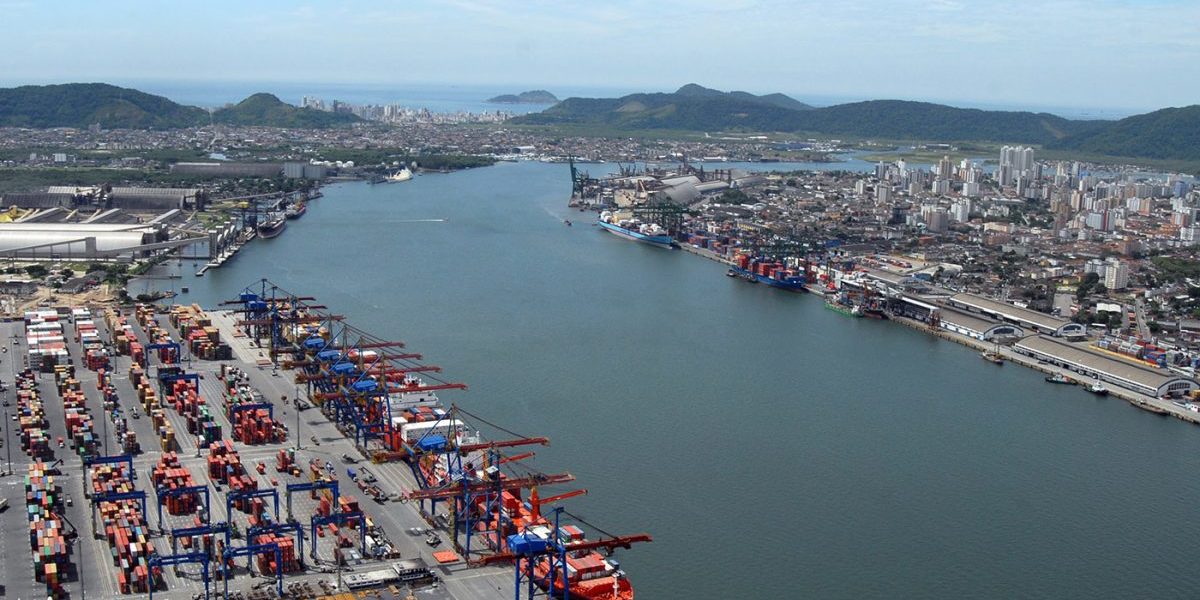
Standard operation at the Port of Santos may cause a daily loss of R$125 million in revenue
Dec, 29, 2021 Posted by Gabriel MalheirosWeek 202150
The standard operation initiated on the morning of the 29th by fiscal auditors of the Port of Santos, the largest in Latin America, should cause a loss of R$ 125 million in the daily collection with foreign trade taxes. The estimate is by Renato Tavares, president of the National Union of Federal Revenue Tax Auditors (Sindifisco) in Santos, on the coast of São Paulo.
The start of the operation was agreed upon in a virtual meeting held on the 28th with auditors stationed at the customs office at the Port of Santos. The movement is a protest against the reduction in the agency’s budget, made by the federal government to increase the number of federal police officers.
“With the standard operation starting from the 29th onwards, the release of import containers, which usually takes place in one hour, should take between 24 hours and 48 hours. We will check all documents in detail and open containers more often, causing loads to be dammed,” says Tavares.
“We are not against raising the numbers of federal police officers at the port, but we shouldn’t be scraping the Federal Revenue to make it happen. We haven’t seen a public tender for tax auditors since 2014.”
Tavares also claims that the Port of Santos employed 200 tax auditors in 2010, while there are only 99 today. The number also dropped by half at the Federal Revenue Office, from 80 to 40. According to him, the Port of Santos handles between 6,000 and 71,000 containers a day, and auditors usually meet productivity targets to allow the clearance of goods.
In addition to protesting the budget cut, the category demands that efficiency bonus needs to be regulated, a process that has been halted since 2016. They also demand the opening of a public tender to restore the agency’s staff.
In addition to delays in local customs, the Special Coordination of Customs Risk Management will also have to take measures, according to Tavares, to ensure a more detailed procedure of checking cargoes in the country’s ports and airports. He claims that the standard operation will remain at least until January and may be extended to the international passenger sector at airports if the government does not comply meet their demands.
Source: Valor Econômico
To read the full original article visit:
-
Other Cargo
Mar, 15, 2021
0
Brazilians drank 24% more Chilean wine in 2020
-
Other Logistics
Sep, 03, 2021
0
Federal Government signs railroad contract for R$3.3 billion in private investments
-
Other Logistics
Jan, 06, 2022
0
MSC topples Maesrk at the top of the box rankings
-
Other Cargo
Jul, 01, 2024
0
Brazil Surpasses USA in 2023/2024 Cotton Exports, Future Rank Unclear


